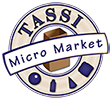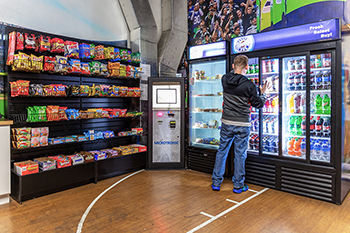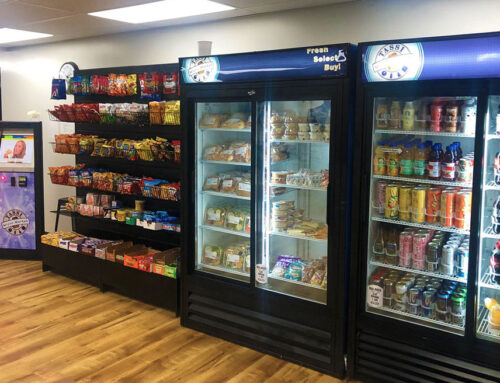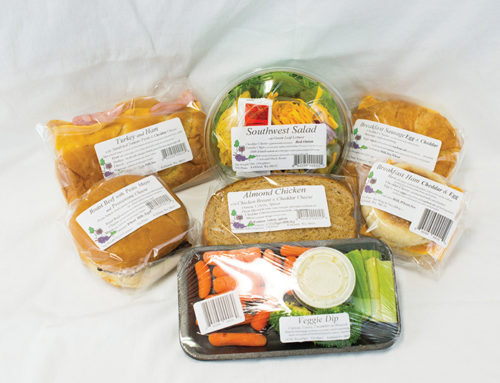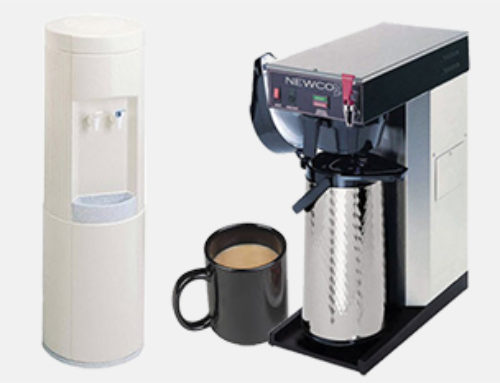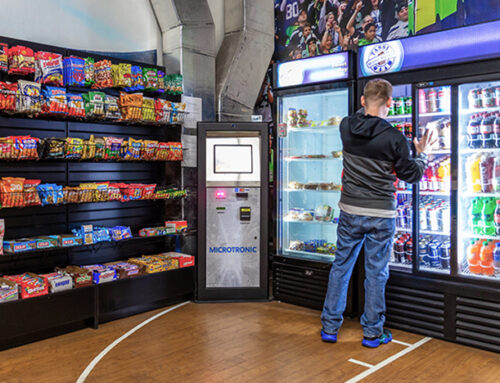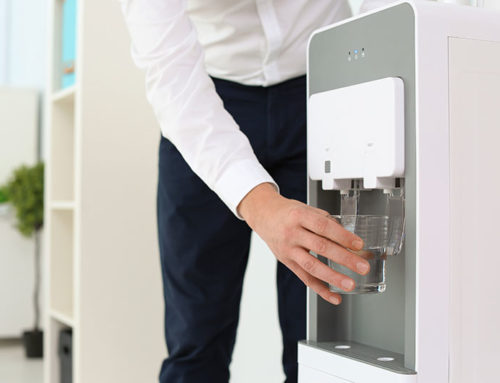Today’s author with https://tassivending.com/ shall discuss market vending for larger company cafeteria.
Market vending for large company cafeterias is a concept that combines elements of convenience stores, automated retail, and traditional cafeterias. These micro-markets, or unattended retail spaces, are designed to offer employees a wide range of snacks, beverages, and fresh meals 24/7. The idea is to create an efficient, self-service environment where employees can purchase what they want, when they want, without needing a cashier.
Key Aspects of Market Vending in Company Cafeterias:
- Variety and Customization:
- A broad assortment of products, including fresh meals, salads, sandwiches, snacks, and drinks, can be offered. The selection can be tailored to the specific needs and preferences of the company’s workforce.
- Healthy and dietary-conscious options (gluten-free, vegan, low-carb, etc.) can be included to cater to different nutritional needs.
- Automated Payment Systems:
- Employees can use touchscreens or mobile apps to make purchases. Payment methods include credit/debit cards, mobile payments (Apple Pay, Google Pay), and sometimes employee badges linked to a payroll deduction system.
- Some systems allow pre-ordering meals for quick pick-up, enhancing convenience.
- Unattended Retail Model:
- Unlike traditional cafeterias that require full-time staff, these vending markets are mostly unmanned, which reduces labor costs.
- Inventory and replenishment can be managed remotely through smart vending technologies that monitor stock levels in real-time.
- RFID and Smart Technology:
- Some systems use RFID (Radio Frequency Identification) to track items taken from shelves, making it easy to charge employees automatically for what they select. This can also enhance inventory management.
- “Grab-and-go” models with smart shelves or coolers that automatically charge employees for items taken are becoming popular.
- Healthy Workplace Initiatives:
- Large companies can promote wellness by offering healthier food options, making it easier for employees to choose balanced meals and snacks during the workday.
- Nutritional information can be provided alongside each product, further encouraging healthy eating habits.
- Flexibility in Layout:
- These markets can fit into various spaces within company campuses, from break rooms to larger dedicated cafeteria spaces. Modular designs allow for easy customization.
- Smaller vending units for snacks and beverages can also be spread throughout the office for quick access.
- Cost Efficiency:
- By reducing the need for staffing and utilizing technology for operations, companies can significantly lower costs compared to fully staffed cafeterias.
- The self-service aspect speeds up transactions, increasing employee satisfaction by reducing time spent waiting for food.
- Data Insights and Personalization:
- The data collected from purchases helps the company understand employee preferences and consumption patterns, which can be used to refine product offerings and promotions.
- Loyalty programs can be integrated, offering discounts or rewards based on frequent purchases.
- Sustainability and Local Sourcing:
- Companies may opt to partner with local food suppliers to offer farm-to-table options, contributing to sustainability initiatives and employee satisfaction.
- Packaging can also be designed with sustainability in mind, using recyclable or biodegradable materials.
Benefits for Companies:
- Increased Employee Satisfaction: Offering convenient, diverse food options can improve employee morale and make the workplace more attractive.
- Lower Operational Costs: Less staffing and maintenance requirements compared to traditional cafeterias.
- Health and Wellness Promotion: Encourages healthier eating habits and aligns with corporate wellness programs.
- Flexibility: Easy to scale and adapt to the changing needs of the company or workforce.
Market vending systems are a great solution for large corporations looking to balance convenience, cost-efficiency, and employee well-being in their dining facilities.
